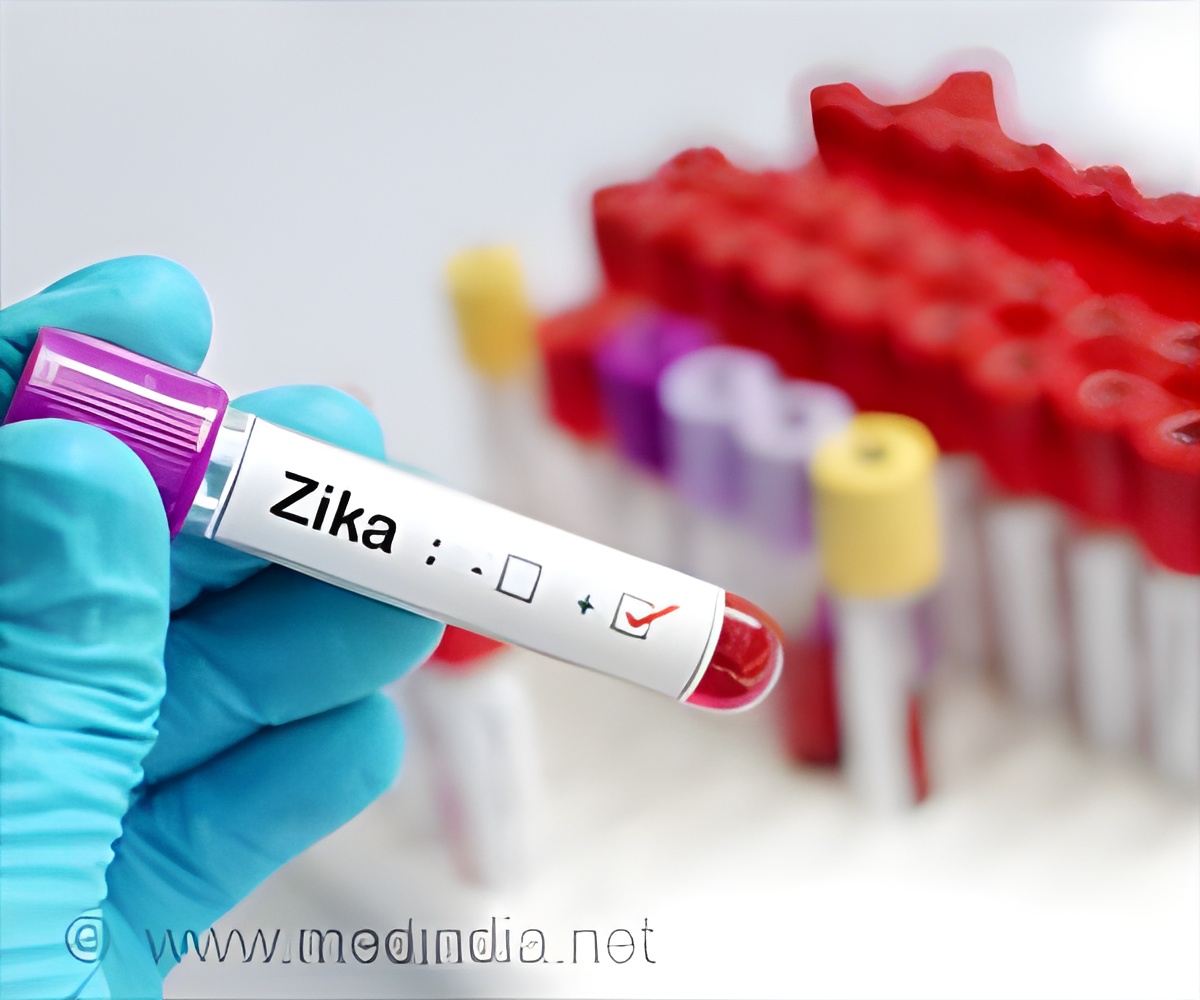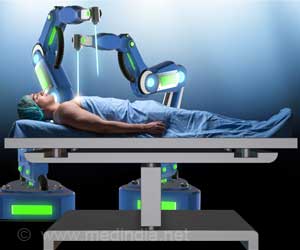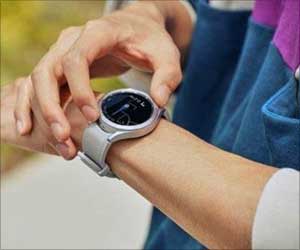
‘Near-infrared spectroscopy (NIRS)method showed a 94 to 99 percent accuracy rate and thereby considered to be a cost-effective tool to noninvasively detect ZIKa virus in heads and gut of intact Aedes aegypti mosquitoes.
’
Tweet it Now
While the accelerating global spread of arboviruses, such as Zika virus (ZIKV), highlights the need for more proactive mosquito surveillance, a major challenge has been the lack of rapid and affordable tests for pathogen detection in mosquitoes. The study, appearing in the journal Science Advances, shows for the first time that near-infrared spectroscopy (NIRS) is a rapid, reagent-free, and cost-effective tool that can be used to detect ZIKV in heads and thoraces of intact Aedes noninvasively aegypti mosquitoes.
The method showed a 94 to 99 percent accuracy rate and was 18-times faster and 110-times cheaper at detecting Zika infected mosquitoes, than the currently used methods.
"We can quickly identify mosquitoes that are infected with Zika virus so public health authorities can treat affected areas before the disease spreads to humans," said Maggy Sikulu-Lord the University of Queensland in Australia.
"This is definitely going to be a game-changer in disease surveillance, especially in the prediction of disease outbreaks.
Advertisement
"We hope public health authorities can use it to predict future disease outbreaks and save lives by treating mosquito populations in time," Sikulu-Lord said.
Advertisement
"We don’t think it will eradicate diseases but it will give us the ability to detect diseases quickly so that we can stop disease outbreaks," Sikulu-Lord noted.
Source-IANS












